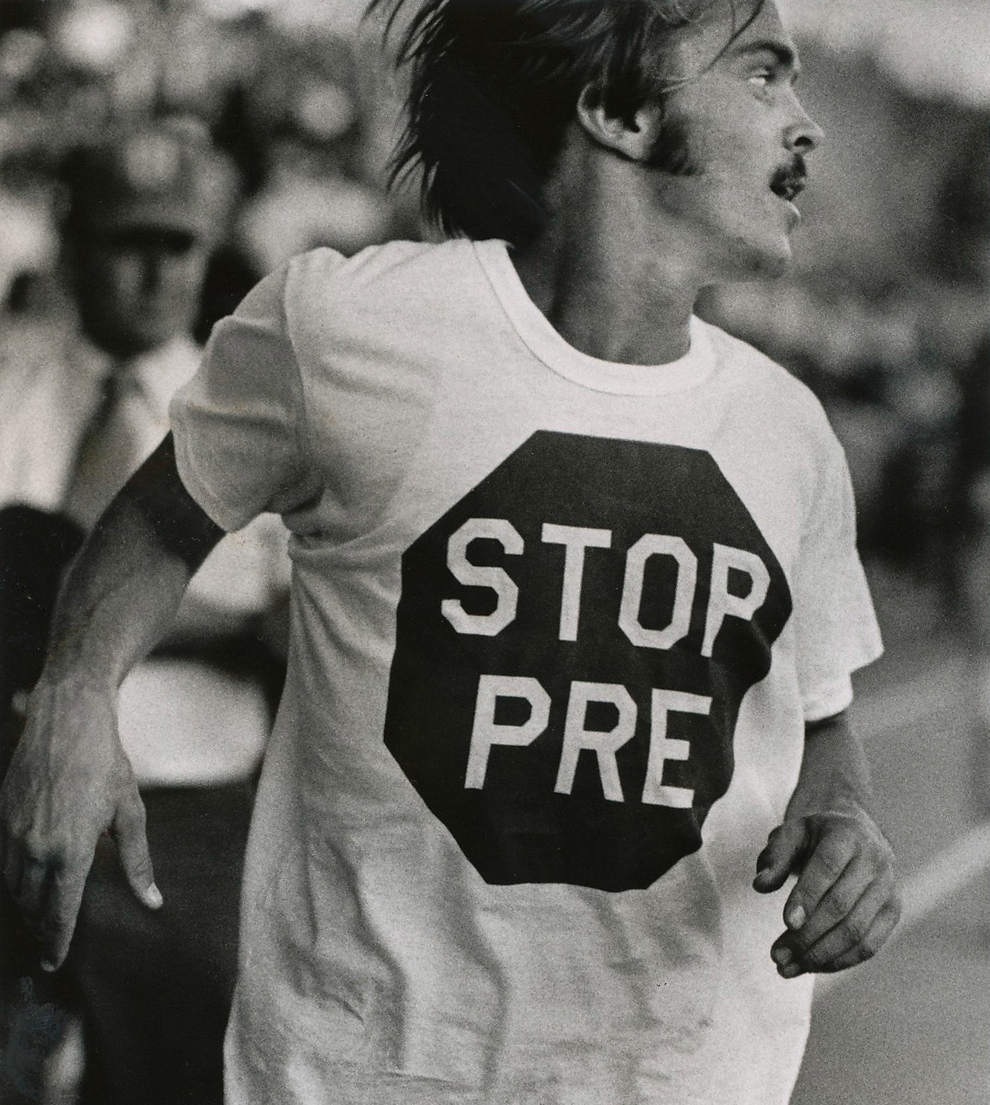My college coach still holds a grudge against one of my teammates for asking, "Do you like... make up these workouts on the spot?" My teammate thought she was complimenting our coach in good fun, but the idea that he was just throwing workouts out there with no deeper thought was disconcerting, to say the least. It's a lesson that I took to heart, and still hold to this day: just because you "know your stuff" doesn't mean that you want to prescribe workouts on the fly.
Writing marathon training plans is just about second nature to me at this point. But that doesn't mean that a lot of time, effort, and love will go into each and every plan. So how does a coach know what will work for you?
I take your goal race, and then a goal workout--and then I work backwards from there. I keep consistency at the center of each plan, but am not afraid to make a change when an athlete isn't running well or is experiencing heavy fatigue. It sounds simple, but often things don't go as planned. I would go as far to say that things never happen like you plan them. (Or at least how I plan them!)
Let's run through the planning process together. When a runner comes to me with a goal marathon--say, the Marine Corps Marathon--I take a look at the date and work backwards. I give my runners at least 16 weeks to prepare. Though most of my plans are built with a longer term focus, 16 weeks is a good window for fitting in all of the workouts necessary while still having a solid base under your feet.
Next, I'll look at a runner's previous running background and training age. Let's say our Marine Corps Marathon runner is competing in his third marathon and, in the recent past, has been running 4 days a week with a long run, a tempo run, and a speed efficiency day built in. Pretty basic training of up to 30 miles per week, without using extra days for cross training. That means this runner has the capacity to add quite a bit to his week.
I take this dataset and build the mileage out first. When you start throwing marathon-grade long runs into the training mix, 30 miles is pretty short for each week--especially as the long runs would limit the time on your feet during your shorter workouts. Typically, I have my runners build up mileage over 4 days each week and then, over the course of training, add in another run day, a cross training day, and one rest day. Voila! Your week is complete.
Once the mileage is set, my focus goes into the workouts. Now, I come from a strange training background. My coaching mentors have been pretty aerobic-focused but have also pushed speed development year-round. This is why I firmly believe that speed and efficiency work (i.e. strides and mile pace) have a place in your training every season. In marathon training, the key workout is a run at marathon pace with a focus on getting comfortable running this pace. It's perhaps one of the most overlooked factors in training, especially in plans that emphasize distance only. Sure, you have to be able to cover the distance, but you also have to be able to run the pace. That factor doesn't just come around on its own. Marathon pace gives you many of the same benefits as tempo pace. The main difference is that it's usually slightly slower, and you have to keep the pace for a little longer to reap the benefits.
That said, when mapping out my runner's workout, I keep the whole bag of tricks in play: fartleks, Vo2, CV, mile pace, and pure speed work. There is a lot to choose from, and to control for how different bodies interact with different workouts, I organize each plan in two week increments. Simply put, some runners handle different workouts better than others, and so take a different result as well. Personally, I can only take a short amount of Vo2 workouts, though I recognize that a solid Vo2 workout will have a sizable positive impact on my performance. Other runners, meanwhile, feel so comfortable at Vo2 pace that they can keep it for every workout and not burnout. (Though here's the tricky thing: that can also mean that these runners won't see as big of an impact from Vo2 workouts on their training.)
Training plans should embrace this difference, and avoid rigidity. I put a lot of moving parts into my plans, while keeping the foundational concepts constant.
Ultimately, there is no "perfect" way to train, and there are a multitude of workouts and methods to draw from. That's why picking and sticking to your plans (and your coaches!) is so important--it's your path, however variable, among a dizzying multitude of information and options. As a coach, I'm there for my runners every step of the way. As a guest blogger, I hope all of the above gives you a better idea of what you need in a training plan.
Ultimately, there is no "perfect" way to train, and there are a multitude of workouts and methods to draw from. That's why picking and sticking to your plans (and your coaches!) is so important--it's your path, however variable, among a dizzying multitude of information and options. As a coach, I'm there for my runners every step of the way. As a guest blogger, I hope all of the above gives you a better idea of what you need in a training plan.
Happy Running!
- Justin

